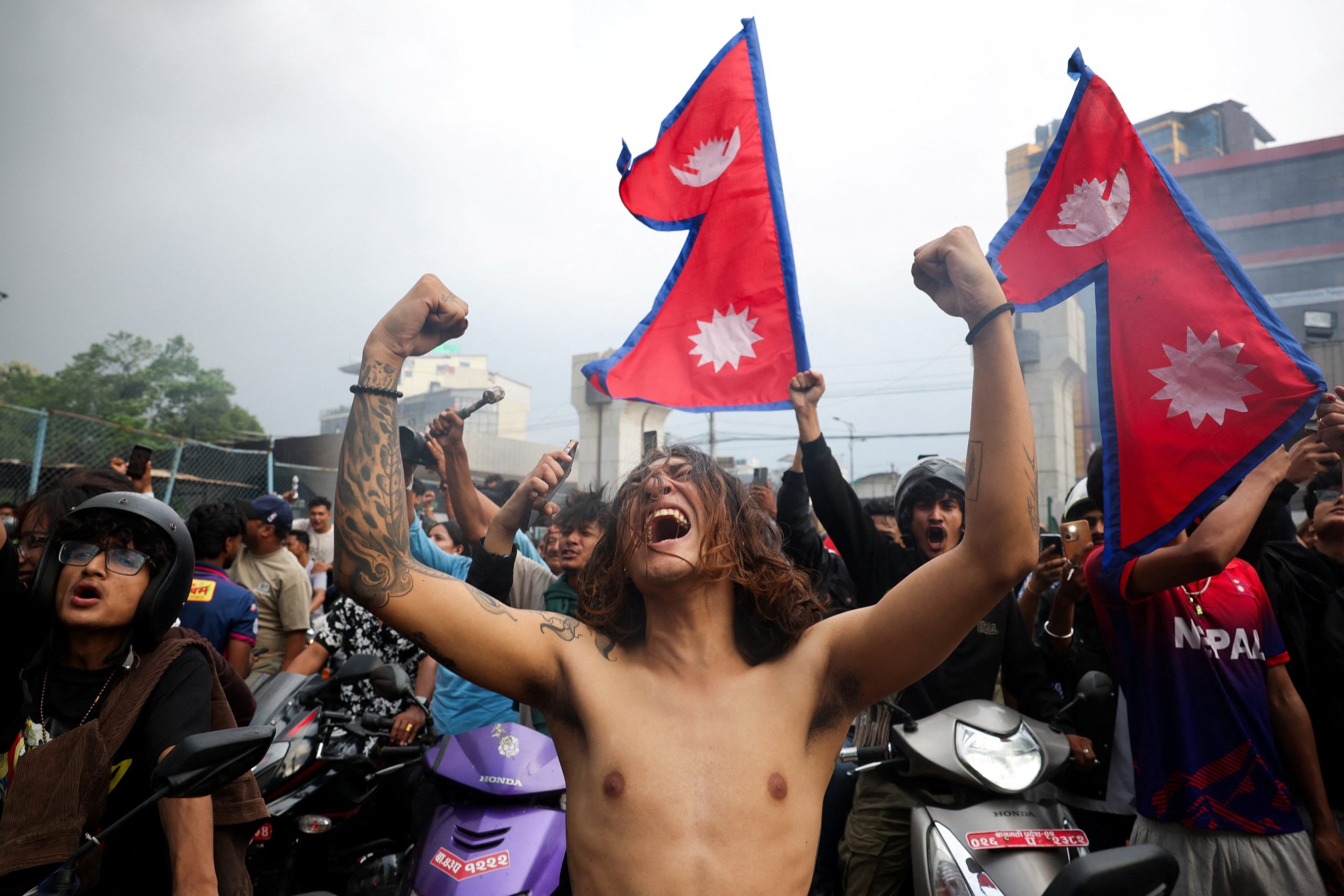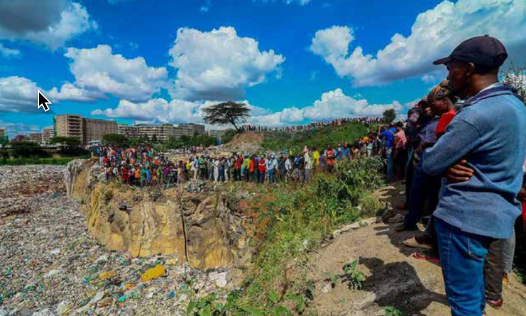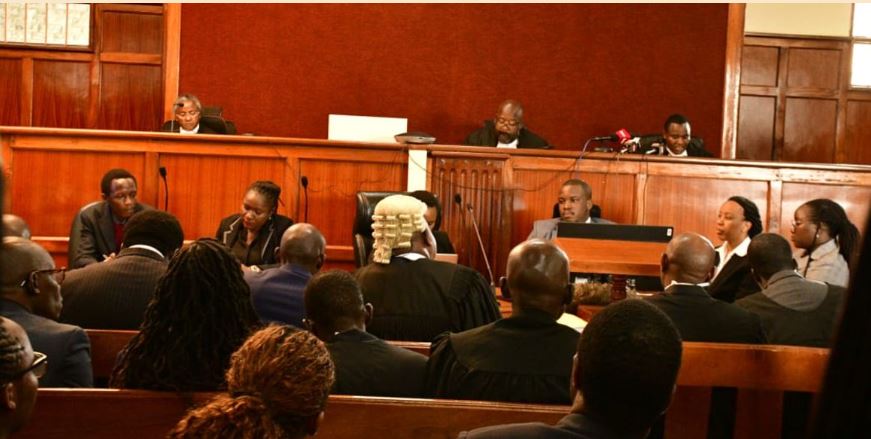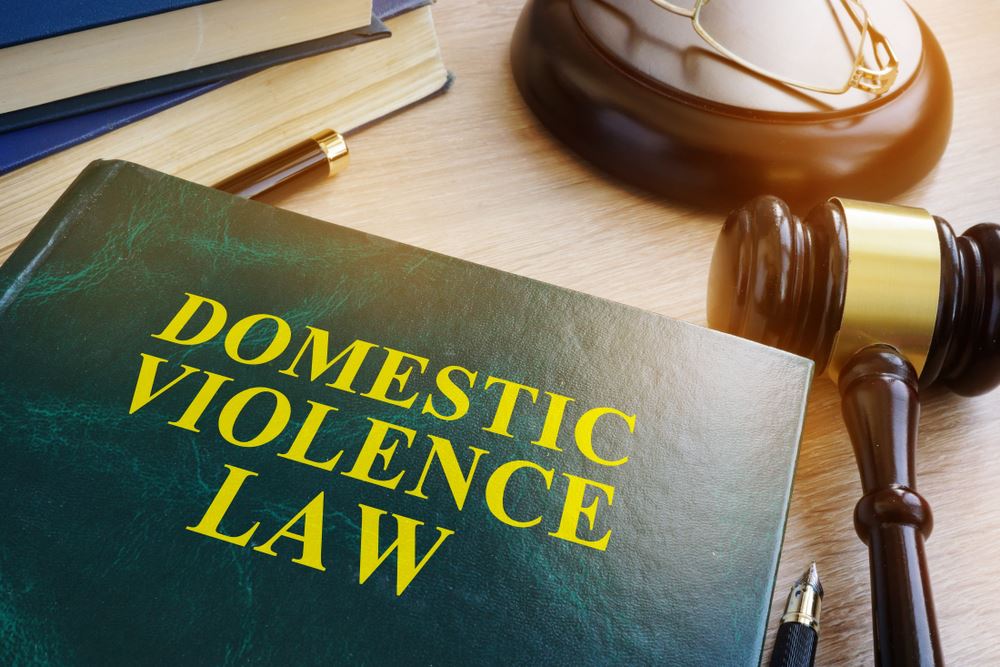From betrayal to rebellion: the legal mandate for Kenyan Gen Z to fuel Nepal’s revolutionary spark
by admin on | 2025-10-02 10:51:35 Last Updated by admin on 2025-12-01 19:44:53
Share: Facebook | Twitter | Whatsapp | Linkedin Visits: 201

“Those who profess to favour freedom, yet deprecate agitation, are men who want crops without ploughing up the ground. They want rain without thunder and lightning. They want the ocean without the awful roar of its many waters. This struggle may be a moral one; or it may be a physical one; or it may be both moral and physical; but it must be a struggle. Power concedes nothing without a demand. It never did and it never will.\" Frederick Douglass, African-American abolitionist
In September 2025, widespread anti corruption protests erupted across Nepal. The protests were largely led by Gen Z students and young citizens. The protests were sparked by a nationwide ban on multiple social media platforms and fueled by public outrage over government corruption.1 Just like the Kenya situation in 2024, politicians and their families were ostentatiously displaying wealth and mismanaging public funds. The protests turned violent, with attacks on public officials and vandalism of government and political buildings occurring nationwide. On September 9, former King Gyanendra Shah urged for peace and internal resolution. Prime Minister K. P. Sharma Oli and several ministers resigned. Sushila Karki was then named interim Prime Minister. By September Gen Z in Kenya is a digitally empowered, socially conscious, and politically aware generation that represents both immense opportunity and critical challenges. Their engagement in activism, entrepreneurship, and culture signals a shift toward a more participatory, innovative, and rights-oriented society, though economic insecurity and systemic inequalities remain major hurdles. 13, the protests had largely subsided.2 The protestors were not asking politely for reform. They demanded the collapse of a captured institution and the emergence of new leadership. They succeeded against all odds. A new prime minister was elected not through careful parliamentary procedure but through people power in the form of Discord votes.3 This moment not only shook Nepal but every state where citizens feel chained by governments that betray their trust. Kenya is one of the states that was caught by surprise. Kenyan citizens have watched leaders loot public money for years.4 They see their leaders sell the country into unpayable debt and criminalise dissent through brutal policing. The police abduct and kill young patriotic citizens.5 The Kenyan parliament has generally failed to check presidential power since independence, despite the fact that scholars such as Joel Barkan and Ken Opalo have cited the National Assembly as one of the most influential such bodies in Africa.6 Article 1 of Kenya’s Constitution boldly declares that sovereignty belongs to the people.7 Does this give Kenyan citizens direct authority to force the president to an early retirement? This paper argues that citizens hold both a legal and moral right to rebel against a government that has betrayed the social contract. 8 It draws on the writings of John Locke, Jean-Jacques Rousseau, and Frantz Fanon. The paper also considers the standards of international law to show that rebellion is not anarchy but a higher form of democracy. Nepal’s protests offer a living Read more...




